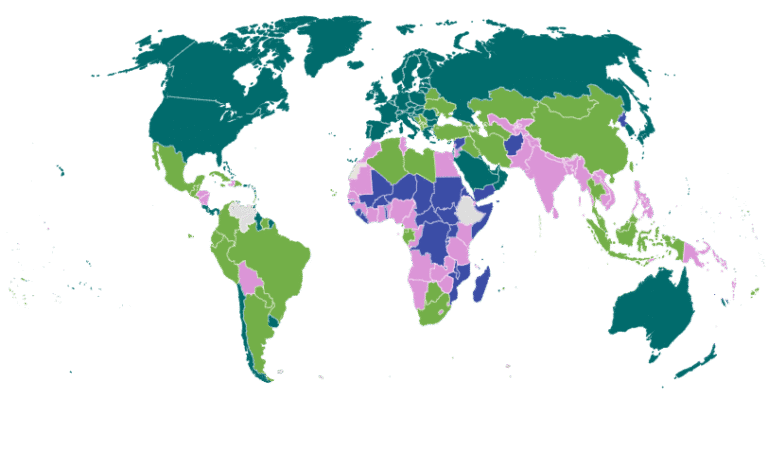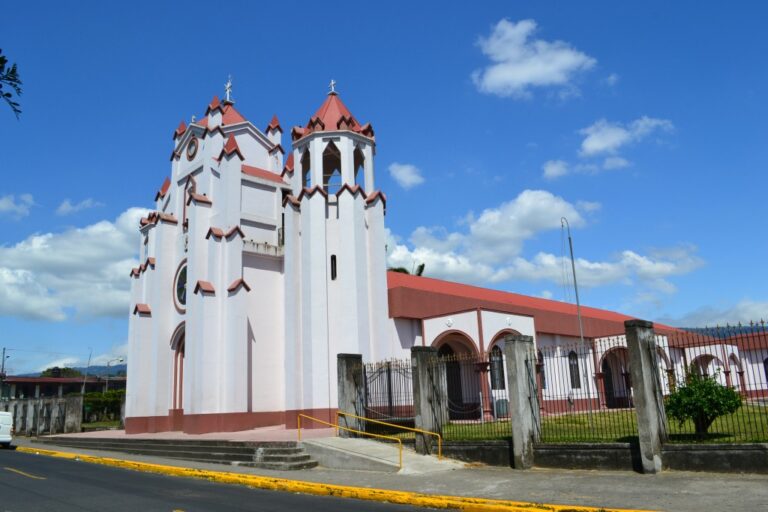An archaeological discovery off the coast of Cahuita, in the province of Limón, has rewritten part of the history of Costa Rica and the Caribbean. Recent investigations confirmed that the remains of two shipwrecks, long attributed to pirates, actually belong to Danish slave ships from the 18th century. This revelation is not only of great historical value but also carries profound implications for the Afro-descendant memory of the region.
The Discovery
The remains were located within the area of Cahuita National Park. After years of exploration, they were identified as belonging to the ships Fridericus Quartus and Christianus Quintus, Danish vessels that sank in 1710 while transporting more than 600 enslaved African individuals.
The research was led by the National Museum of Denmark in collaboration with marine archaeologists such as David Gregory and Andreas Kallmeyer Bloch. The analysis of materials such as Danish-origin yellow bricks, charred wood, and the comparison with historical records from Denmark were fundamental for this identification (Source).
From Pirates to Slave Traders: A New Historical Narrative
For decades, it was believed that these remains belonged to pirate ships that roamed the Caribbean during the height of piracy. However, new evidence reveals a much more complex and painful reality: the ships were part of the transatlantic slave trade, a network that left a profound mark throughout Latin America.
According to the records studied, both the Fridericus Quartus and the Christianus Quintus were owned by the Danish West India and Guinea Company, an organization active in the transport of enslaved individuals from Africa to the Caribbean and the Americas (More information about the company on Britannica).
The Role of the Local Community
The progress of the investigations would not have been possible without the active participation of the Community Diving Center Embajadoras y Embajadores del Mar (CCBEM). Through its community science initiative, local divers such as Ana María Arenas and Maraya Jiménez discovered key pieces —especially yellow bricks— that guided researchers toward the true identity of the ships.
The collaboration between professional archaeologists and community members demonstrates the power of local knowledge and the importance of including coastal populations in conservation and historical research projects.
Implications for Afro-Descendant History in Costa Rica
This discovery reopens crucial questions about the history of Afro-descendant people in Costa Rica.
Until now, it was believed that the first large migrations of Africans to Costa Rica occurred in the 19th century, mainly to work on the construction of the Caribbean railroad.
The discovery of these ships suggests that the African presence in Costa Rica’s Caribbean coast could predate official records, forcing historians and cultural authorities to reconsider the official narratives (Source: ameliarueda.com).
Moreover, it highlights the need to recognize the contributions of Afro-descendant communities not just as a recent part of history, but as a fundamental component of national identity since colonial times.
Preservation and Historical Memory
The preservation of the ship remains is now a priority. Archaeologists and heritage managers advocate for the protection of these sites for future studies and, eventually, for the development of educational projects that allow more Costa Ricans and visitors to understand this dark yet crucial chapter of history.
At the same time, projects are being proposed to narrate this history in museums and cultural centers, strengthening collective memory and acknowledging the painful legacy of the transatlantic slave trade in Costa Rica.
The discovery of the Fridericus Quartus and Christianus Quintus ships off Cahuita represents much more than an archaeological find: it is an act of historical remembrance. It reveals a heritage that had long remained submerged and offers the opportunity to rewrite the history of Costa Rica’s Caribbean with greater inclusion, respect, and truth.
In a country that prides itself on its cultural diversity, acknowledging these painful chapters is essential for building a more conscious and just future.
















